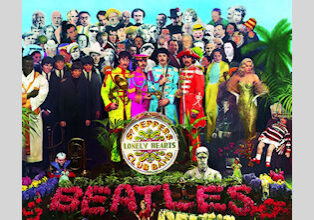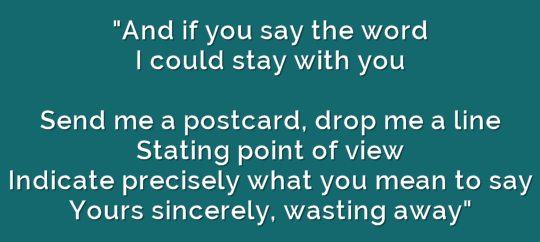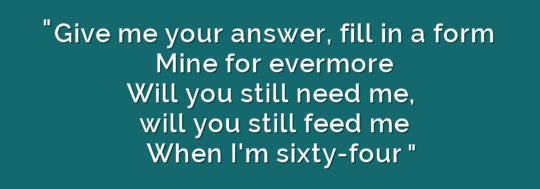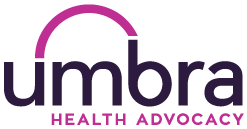“When I’m Sixty-Four” and If I’m Alone….

Back in 2004, I was between husbands, and in my early 50s. As silly as that may sound ("between husbands"), the truth was, I spent 18 years with that status, between divorce and remarriage... and I was alone.
"Alone" is the key to today's post.
Back in 2004, I was also diagnosed with a rare and terminal lymphoma. Yes - terminal - and yet here I am writing about it in 2019. You can read the story in its entirety here. Obviously it didn't turn out to be terminal. But it did launch an entirely new career, and profession, and sparked today's topic about being diagnosed with something horrible, and being alone.
Of course, back in 1967 when John Lennon and Paul McCartney wrote "When I'm Sixty-Four" neither of them was alone, and yet the lyrics indicate they might have been putting themselves in the shoes of someone who was.

Even though I wasn't in my 60s at the time of my misdiagnosis, believe me, i was just as frightened as I would have been then. I had no one to turn to who could be my caregiver. No one who would hold my hand through tests and appointments. No one who could rationally think through the conflicting pieces of information I was receiving. No one to help me sort out the bills and insurance.
No one I could trust and rely on (or not feel I was imposing on) ...
I was solo. I was alone. There was no one I knew of who I could ask to help me out. All these years later, the emotions and struggles that arose during that time still haunt me.
Today the landscape for "solos" is different. If you are alone, and fear the challenges healthcare is already presenting to you, or those that may arise in the future, then you have options I didn't have in 2004.
In fact, there is major movement in this area - professionals who study and learn more about how to help "Solo Seniors" or "Elder Orphans" or even younger people who are alone and need assistance (my situation at the time) and are facing medical care without a handholder or guide...
The best metaphor I can think of to help you understand is this: to prepare for your older age and your demise, you'll work with an attorney to help you plan your estate, or write your will, or other advance directives (DNR, living will, POLST, MOLST, others).
So why not also prepare for that time in your life when you'll need someone to guide you through your healthcare, and even make decisions for you when/if you lost your cognitive abilities and cannot do so for yourself?

A professional advocate can do that for you. Finding a good advocate early, before you need one, and learning to trust your advocate over time, will give you the peace of mind you want and need - and I didn't have. That person will be poised to jump in when the time comes to be your right-hand.
Find the advocate who can best meet your needs in the Umbra Health Advocacy Directory.
Read more:
- Aging and Alone? Who Will Hold Your Hand Through Healthcare?
- Interview and Choose a Patient Advocate
- What Does a Patient Advocate Do?
Find a Health / Patient Advocate or Navigator
Learn more about The Alliance of Professional Health Advocates
